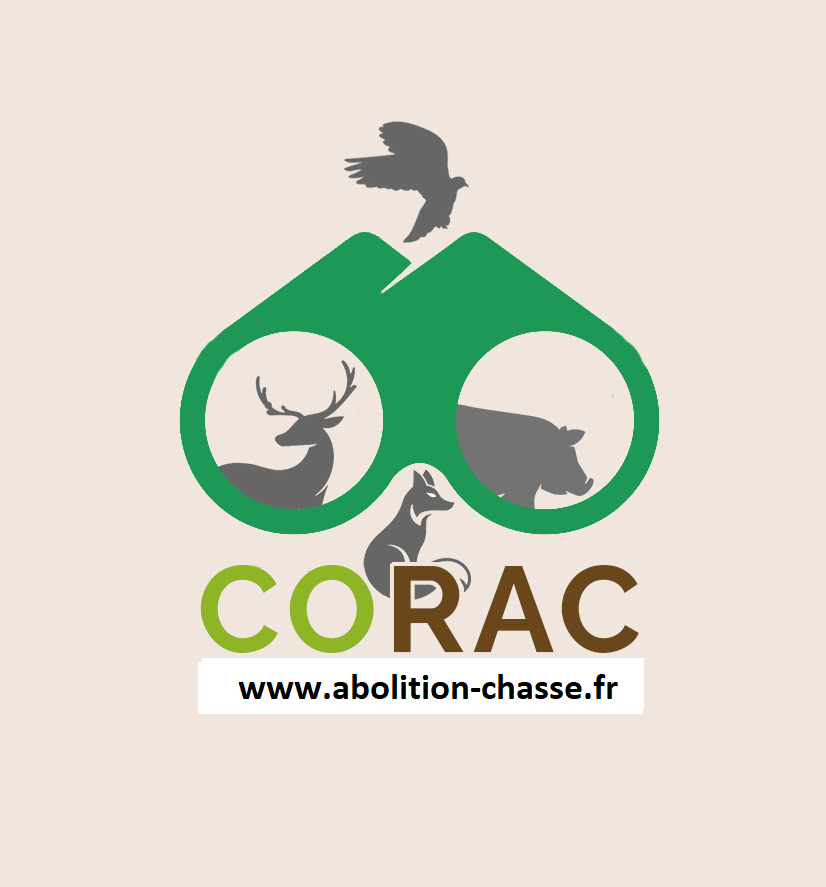In France, one could say that poaching is tolerated, if not even encouraged at times. Poaching is the act of killing an animal illegally and the guards of the ONCFS (now OFB) are responsible for fighting against it. However, there exists another type of poaching practiced on a large scale every year, and of which the state is an accomplice.
The pressure put by hunters on the government is so strong that the French state does not enforce the laws related to protected species, the hunting seasons’ opening times, and even European directives regarding species with declining numbers. For examples, in the south of France, thousands of robins and small passerins are killed each year although they are protected species.
The Case of Ortolan Buntings
Each year, from mid-August to end of September, in the Landes department, 30.000 to 80.000 ortolan buntings are killed, although the species is in serious decline and listed among the protected species. The French state is an accomplice in this type of poaching, since the prefects ask the police and gendarmerie not to intervene and the OFB guards to look the other way. Some types of poaching are tolerated in France and in 2004, the OFB identified 812 ortolan buntings capture facilities.
But instead of fining these illegal installations as the law prescribes, it happened one year for example that the OFB only issued 40 fines, which represents as little as 4.8%. It is an illegal mode of capture practised by delinquants, which the police should be taking care of. These acts of poaching take place all around France and the OFB guards are responsible for fighting against them.
For further information:
http://www.futura-sciences.com/fr/sinformer/actualites/news/t/vie-1/d/braconnage-du-bruant-ortolan_9604/
http://www.lpo.fr/comm/2006/doc/CPLPOortolans.pdf
The Case of the Wood Pigeons at the Col de l’Escrinet
The Col de l’Escrinet (Ardèche) is a major pass for birds in Europe during spring migration, but in March, when the breeding period starts, poachers kill thousands of migratory birds, notably wood pigeons. The acts of poaching are committed every year with complete impunity, since the OFB guards hardly intervene, and the prefectures go as far as to issue decrees of convenience allowing them to give individual authorisation to poachers! The same situation occurs in the col d’Organbidexka (Pyrénées-Atlantiques).
Moreover, these poachers are often very violent. Many ornitholongists and tourists are present during this time and in charge of counting the number of migratory birds going through the pass. Some poacher do not hesitate to attack these people physically, to destroy their material (for example by setting fire to their caravans or the premises of the associations of ornitholongists) or even to shoot in their direction.

In the passes where poachers are present, shooting posts can be found every 50 meters and several subsequent lines of fire.
For further information:
http://www.lpo.fr/actu/2005/escrinet/index.shtml
http://www.oiseau-libre.net/Animaux/Chasse/Monde-chasse/Chasses-contestees/Escrinet.html
http://www.oiseau-libre.net/Animaux/Chasse/Monde-chasse/Chasses-contestees/Escrinet-histoire.html
http://coraregion.free.fr/spip.php?article18
Col d’Organbidexka : http://www.oiseau-libre.net/Site/Associations/Organbidexka.html
The Poaching of Turtle Doves in the Médoc
Every year during the month of May and the breeding phase, thousands of turtle doves are being poached in the Médoc, and hunters have gone as far as to create a « defense comity for the hunting of doves in the Médoc ». Fortunately, the number of municipalities, wherein this kind of poaching is practiced has been decreasing in recent years.
A very telling anecdote: In 1999, the prefecture announced that over 500 patrols and a gendarmerie helicopter would be responsible for monitoring the area, but none of this took place and no poachers were fined. Nevertheless the President of the League for the Protection of Birds (LPO), who as planned went to the area, received a fine.
http://www.lpo.fr/comm/2006/doc/CPLPOortolans.pdf
